John McCain had a sparkle in his eye, determination in his fists and principles in his heart.
His death is not just the passing of a man, but a set of principles that appear to be fading from American political life.
He was a DC insider and yet stayed close enough to the outside to challenge the incestuous circles that dominate Congress.
As a contrarian, a patriot and a firebrand, he was willing to take an unpopular stance because he believed in it.
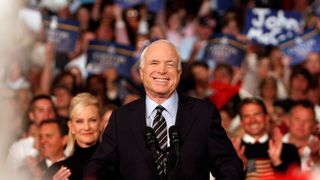 3:37
3:37The long-standing senator left an indelible mark in the chamber over decades of service and managed to blaze a political trail to the very end at the same time as battling an aggressive brain cancer.
In his final years, he was a thorn in the side of Donald Trump and unrelenting in his determination to get his voice heard and his vote cast.
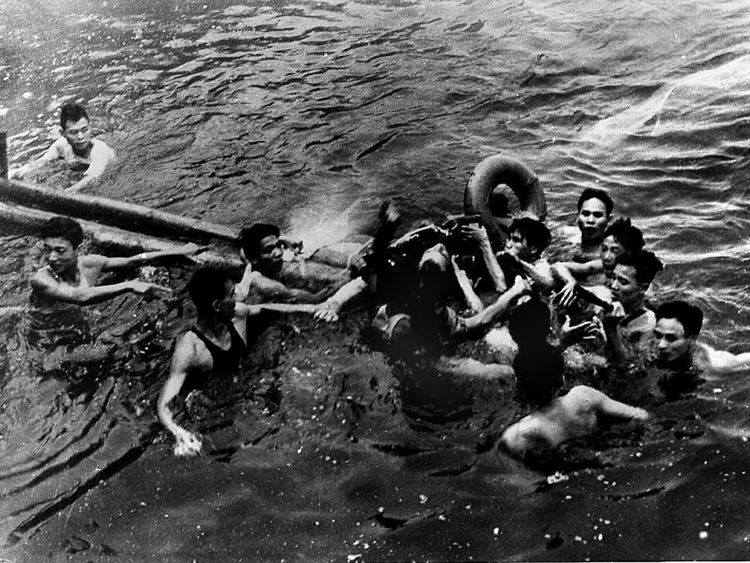
The story of his war-hero origins is well known. As a US navy pilot, he was shot down over Hanoi in 1967.
After suffering months in captivity, he refused to leave until all those who were captured were sent home and ended up spending five more years as a prisoner of war.
Those experiences shaped his approach to politics.
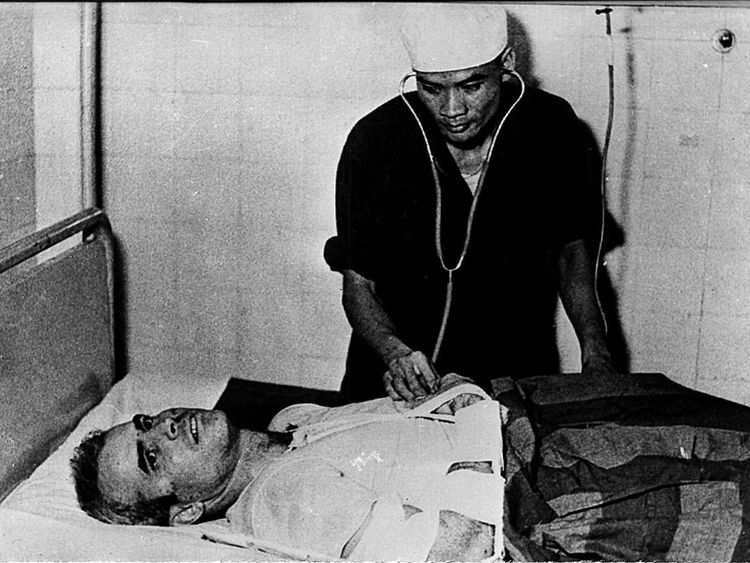
He didn't always get it right of course. He was a cheerleader for the Iraq war and, in his recent memoir The Restless Wave, he concedes: "I have to accept my share of the blame."
The belief he held in the power of American exceptionalism was total, leaving him single-minded in his approach.
But despite his conviction in the power of US military intervention, he strongly opposed the use of torture.
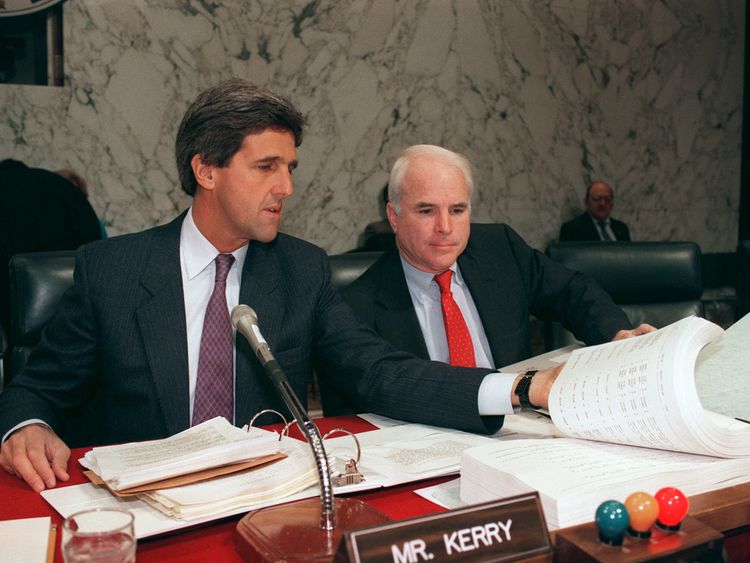
Even from his hospital bed he once again waded into the debate to oppose the controversial appointment of CIA Director Gina Haspel, who has been dogged by allegations of overseeing a prison where waterboarding took place.
Mr McCain was a moderate and prided himself on his ability to make and keep friends on the other side of the political aisle.
That quality led one Republican to criticise him as a "champion of compromise".
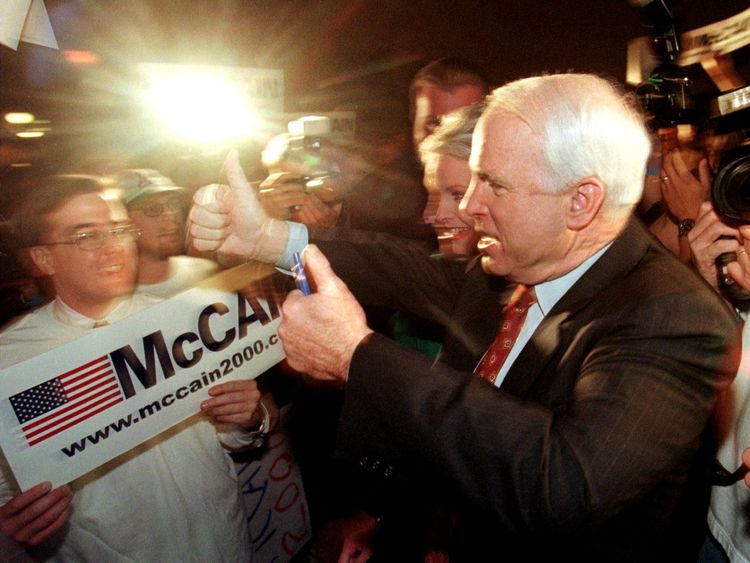
But he was unapologetic, writing in his recent autobiography: "You're damn right, I'm a champion of compromise in the governance of a country of 325 million opinionated, quarrelsome, vociferous souls."
Twice he tried to make it to the White House. As an Arizona senator, he ran against George W Bush for the Republican nomination.
But the campaign went sour and evangelical Christians turned against him.
A few years later the senator, who often led senior congressional delegations to London, tried again.
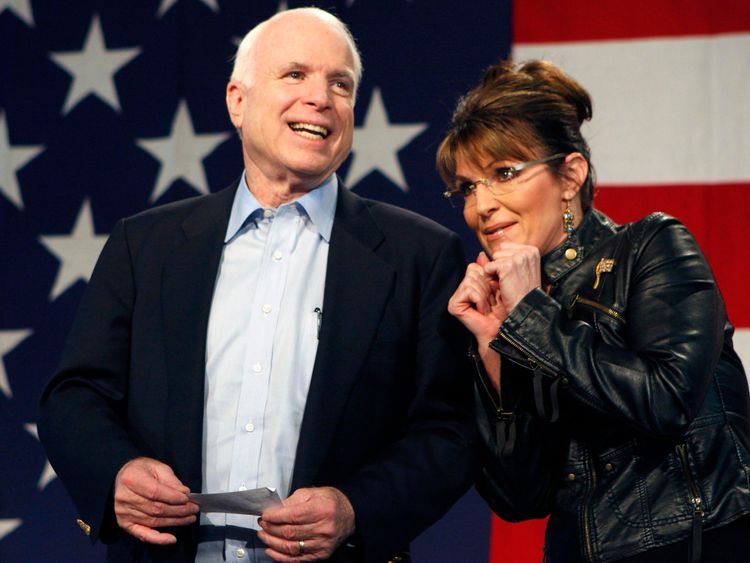
This time he chose a Christian conservative running mate – Sarah Palin – to win over right-wing Republicans. She proved to be toxic.
Ironically, her gun-toting brand of politics was to resurface many years later in the populist forces driving Mr Trump's success – forces that Mr McCain has so deeply lamented.
In that 2008 election, the war veteran-turned-politician lost, and yet I will always remember him in that race as a champion – a champion of decency and civility – who famously defended Barack Obama when an audience member called him an "Arab".
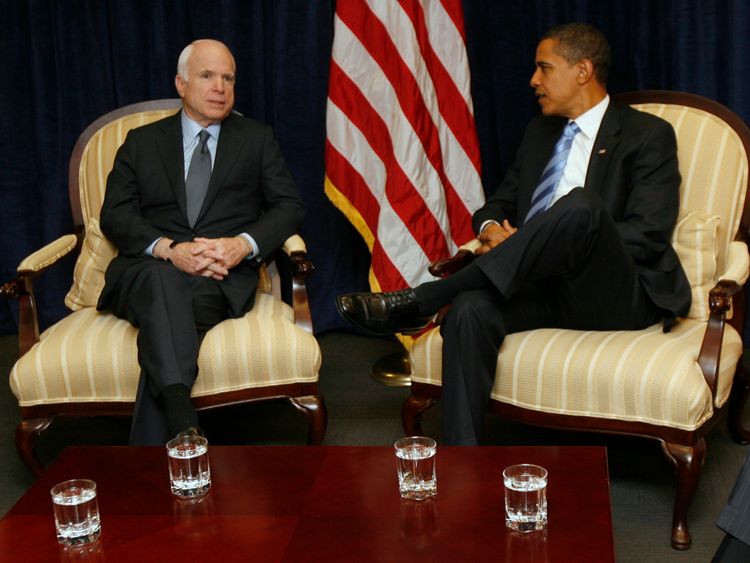
In the age of Trump, Mr McCain has refused to slow down.
He rejected the president's health care bill with a defiant thumbs down on the Senate floor, even as he bore the scars of surgery.
There was a sense of urgency about his interventions. He repeatedly warned against warm relations with Vladimir Putin and, from his ranch in Nevada, continued to issue statements on key matters of national security as his health deteriorated.
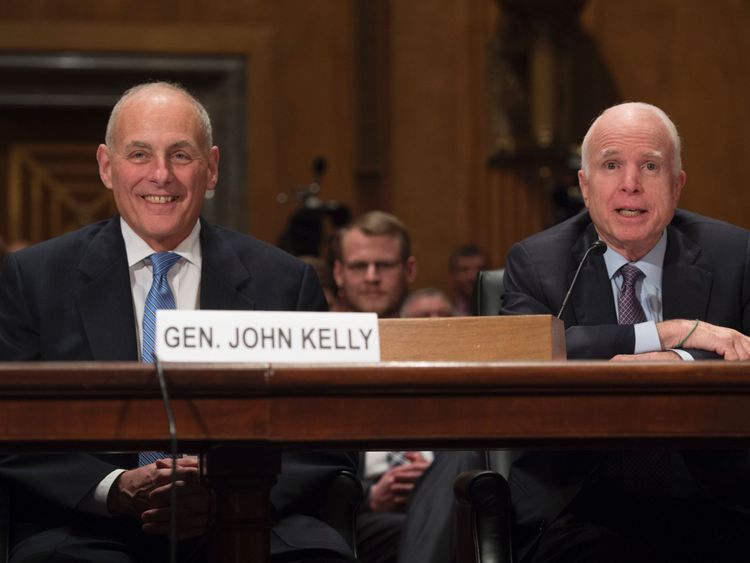
Those remarks were not sent from his office but penned with passion by the man himself as he confronted his own mortality.
When I interviewed Senator McCain, he was charming and charismatic. He had a steely, reassuring presence listening to my questions intently, despite his manic day, one of many for a man in demand on Capitol Hill.
His deep sense of purpose and commitment to country is unquestionable.
More from John McCain
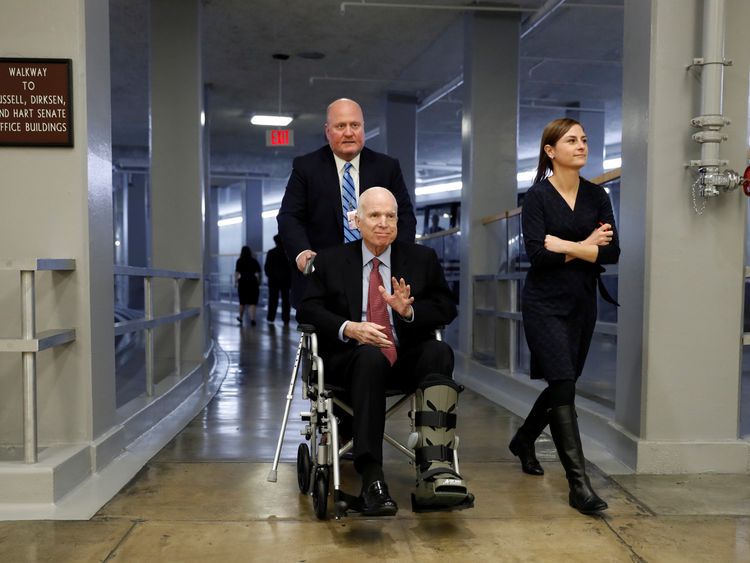
In an era where the corridors of Congress ring with division, his was a rare voice.
America will be all the poorer for his passing.
[contf] [contfnew] 
Sky News
[contfnewc] [contfnewc]






